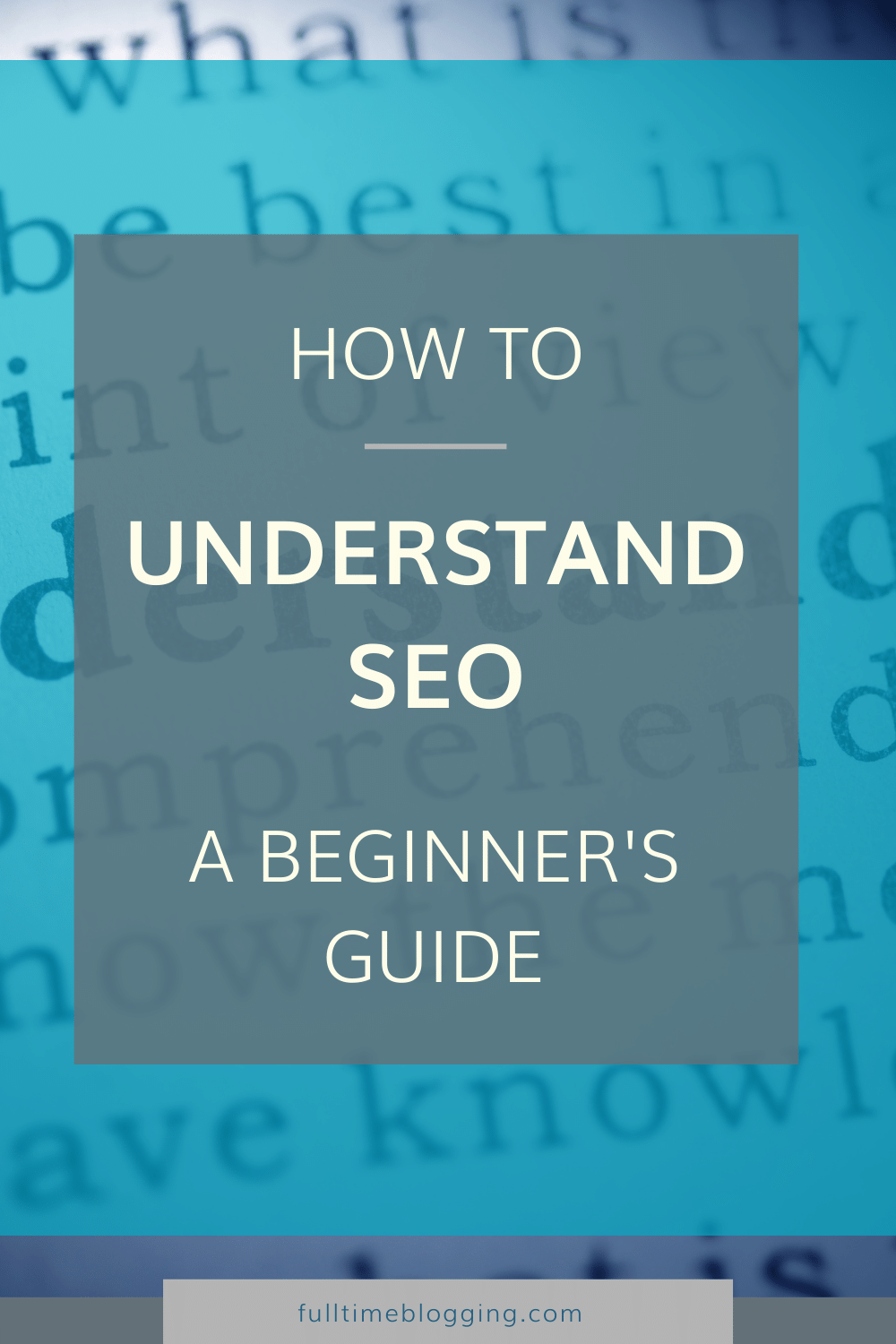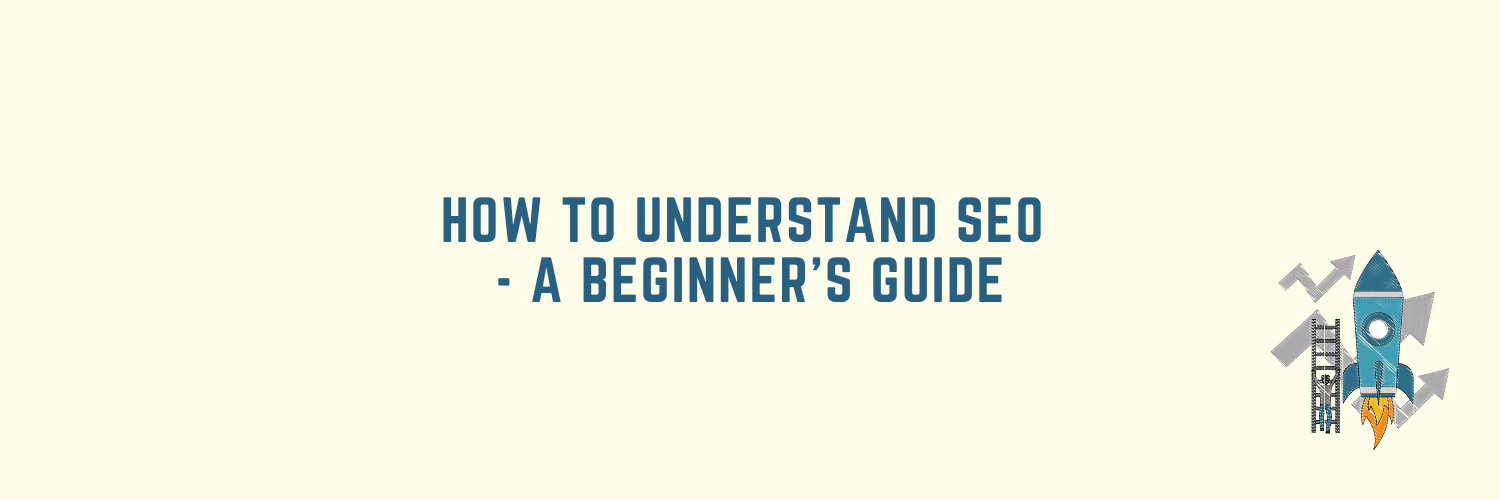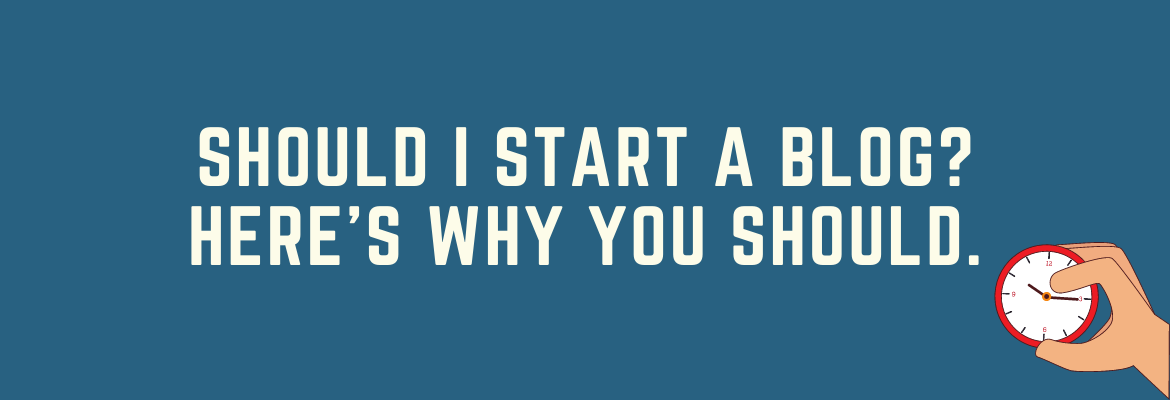Search engines help people find things they need. SEO or Search Engine Optimization is what you can do to your website so that search engines will find it, and show it to other people looking for what you have.
Search engines are smart because they know what people want to see when they look for something.
How do search engines find information? They get the information from their computers.

Let's look at some search engines. For sure we have Google. There is also Bing that people like to use in America. Some people use Yahoo, but Russian searchers are more likely to use Yandex. People in China mostly use Baidu.
People who want more private searches, use DuckduckGo. There are other search engines too, but these are the most used.
Search Engines Are Made Of Three Parts.
- a crawler (spider/bot)
- an index, and
- an algorithm.
These are all important and work together.
Crawler/Spider/Bot
The crawler searches the internet for information. It is always looking for content, headings, and links.
The bots move from one place to another by moving from one link to the other. Links connect pages together. The crawler saves whatever it finds in a place called "index."
Index
Everytime the crawler finds new information, the index is updated. You can think of the index as a “brain” that stores all the information.
Algorithm
The algorithm is the “deciding factor” of what to show in the search results.
If you ask a person what is a moon, that person will decide what to tell you, based on what he knows about the moon.
If you ask a kid, he will tell you that the moon is what you see in the sky at night. If you ask an astronaut, he will tell you things you might not have heard of before.
When you ask search engines what a moon is, they will consult their “algorithms,” and use all sorts of rules they have, before deciding what to show you.
The search engines' answers will then be based on their "algorithms.”
Note:
Google changes its algorithms to make sure that people get the best search results. Google does this by looking at what is relevant to what they are searching for.
SERP
The search engine results page or SERP is the page with all of the results.
Conclusion
For a spider to crawl your site, it needs to find a way in. If there is no link from another page pointing to your site, then the spider will be stranded. It won't know what else to do and it will leave.
This is the reason newbie websites take time to rank: because it takes time for the bots to find you, and index your content in the first place, unless you submit a sitemap (discussed in next lessons), or you practice good linking strategies.
Facebook (and other social media channels) are more popular than a newbie website, so the bots often visit them for new content.
If you share your new blog post on Facebook, for example, that link from Facebook can be the starting point of the spiders. The crawlers will then visit your webpage from that specific link.
From the blog post you shared on Facebook, the spiders will now start to look for other links in your post so it can continue crawling, and the rest of your content that you link together thru internal links (discussed in the next lessons) will now be acknowledged by the bots and can then be placed in Google's brain (index).



